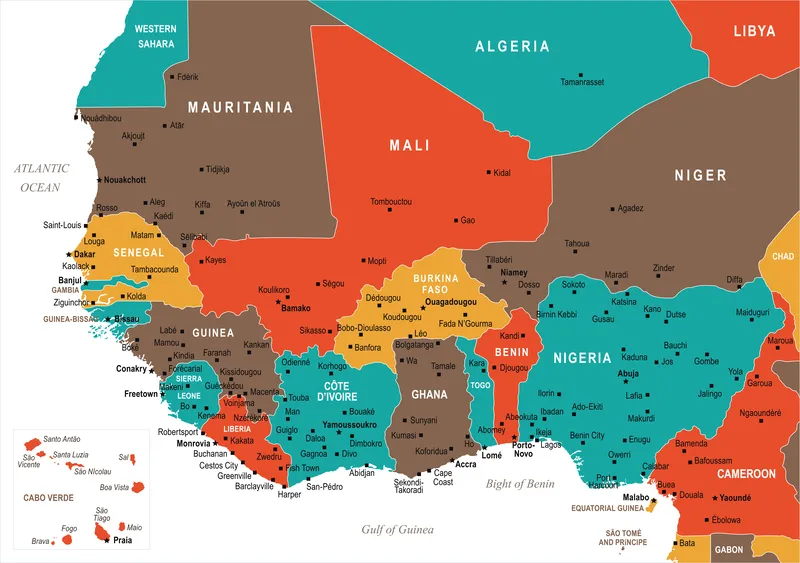A novel approach to improving road safety is being made in Thailand. The country is now making it compulsory for convicted drink drivers to visit hospital morgues. This move is being handled by the Thai Probation Department and forms part of a series of measures intended to improve road safety in Thailand. The aim of the programme is to scare drivers committing DUI offences into avoiding reoffending. The country has the second highest rate of road fatalities in the world, according to a report by the World
June 22, 2016
Read time: 2 mins
A novel approach to improving road safety is being made in Thailand. The country is now making it compulsory for convicted drink drivers to visit hospital morgues. This move is being handled by the Thai Probation Department and forms part of a series of measures intended to improve road safety in Thailand. The aim of the programme is to scare drivers committing DUI offences into avoiding reoffending. The country has the second highest rate of road fatalities in the world, according to a report by the World Health Organisation, with its risk of road death second only to Libya. Since the scheme was initiated over 1,700 drivers convicted of DUI offences have visited hospital morgues. The official data records 11,370 deaths in Thailand from road crashes in 2015, with drink driving being a major factor. However it is widely assumed that the actual death tolls is far higher, with many more people dying a period after crashes have occurred or with road deaths simply not being recorded.







